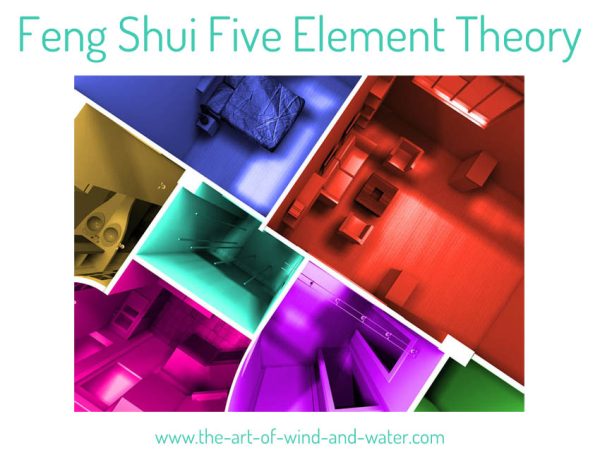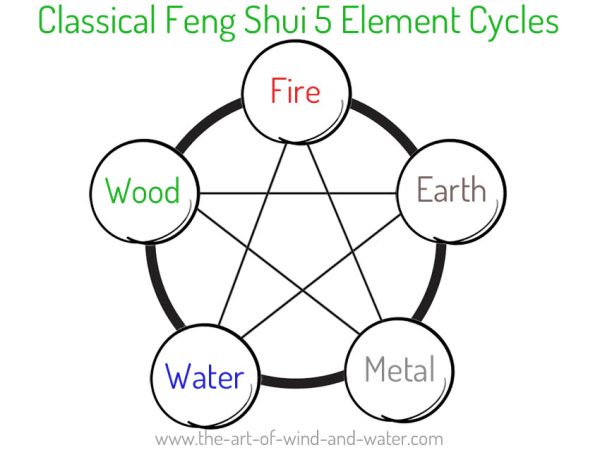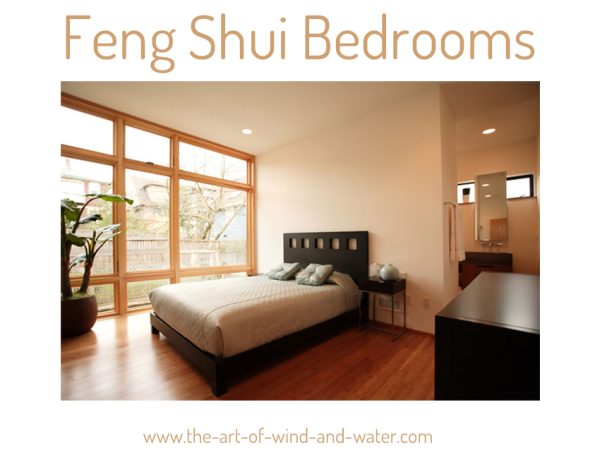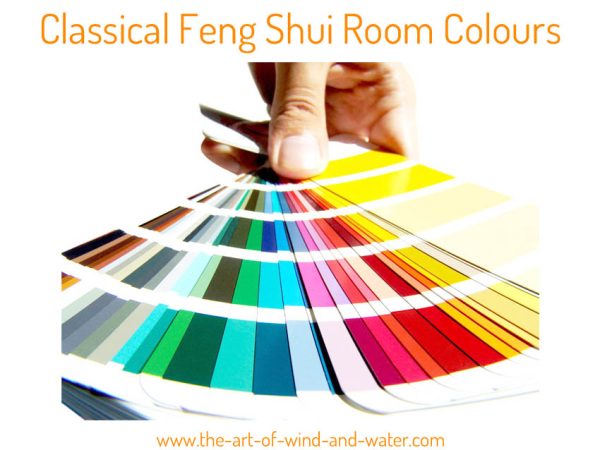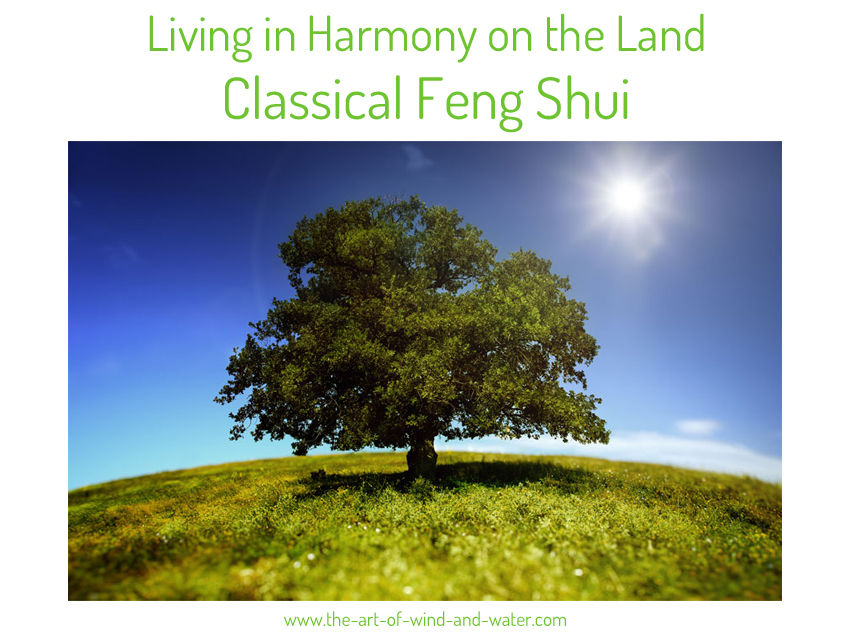
Feng Shui Home Tips
Living in Harmony on the Land
Our ancestors, primitive cultures, aborigines and indigenous people all placed less demands on the land they lived on than we currently do in modern day. They did not necessarily live a completely sustainable lifestyle. For instance, they would often overuse, over-farm and over-hunt the land, and simply move to another location where the land was rich with resources. What does living in harmony on the land really mean? One of the most coined phrases! And most of the time it’s being misused.
The waste land would then lie fallow for a few years until it was replenished again. This worked well in areas that had few inhabitants as there was more than enough rich land to go around. In some areas, folk were known to actually protect their prey, so they were economic in their hunting methods.
However, as populations grew, resourceful land became in demand which caused local villages to become territorial. With less land to lie fallow, resources were depleted. Still comparatively with today, the result was far less damaging than the modern equivalent.
The Feng Shui ancients sought out and learnt how to manipulate the land to create support, protection, resources and potential without physically taking from the land. This is the point most of us are missing today, we are taking too much and not supporting the earth we live on.
To truly live in harmony on the land, is to support your surroundings
Environmental design
In modern day we are surrounded by all things artificial. Industrialisation, urbanisation and modernisation have become a double edged sword, bringing us technology and developments beyond our dreams – whilst carving up the earth in the background. The artificial consumer lifestyle exploits natural resources, is based on self interest and forgets sustainability and the environment.
- Artificial urban landscapes – car parks, motorways, buildings, man-made structures, playgrounds
- Artificial natural landscapes - playing fields, golf courses, parks, landscaped gardens, man-made lakes, memorial gardens
- Artificial manipulation of micro climates by the use of endless amounts of tarmac, concrete, glass and man-made areas.
It’s difficult to know where humans stop and nature begins, as ‘human made nature’ is now an ingrained part or our surroundings. Natural environments are far different from ‘human made nature’, but as a part of our world, we have to use what we can to restore and support nature.
Get the professionals involved
Use Feng Shui and environmental design as a set of tools to understand the space and environment you live in. All of the choices you make when you move into a home will have an influence on your life and the planet. Being away of your choices and understanding the consequences of manmade actions is how you should really live on the land.
By analysing the environment around you, you can learn to make the most of it. Humans are connected to the environment, as much as animals and insects are. Embracing and respecting that connection is often missed.
Looking at the bigger picture, your macro environment is:
- Climate
- Outdoor air quality
- Towns/villages/cities
- Community
- Natural landscape
- Ecosystems
- Planting
- Urban landscape
- Buildings
- Roads/motorways/transport infrastructure
- Facilities
- Amenities
- Rivers
- Beaches
- Mountains
Looking at the smaller picture, your micro environment is:
- Neighbours
- Plot
- Building
- Garden
- Grounds
- Interior
- Daylight
- Rooms
- Humidity/dryness
- Temperature
- Indoor air quality
- Ventilation
What can you do?
- Make informed decisions
- Know what impact your actions and activities have
- Take responsibility for your surrounding environment; property, plot, community and city
- Reduce the amount of resources you use and waste
- Bear in mind that you are only a guardian of the earth, not the owner. Your actions should reflect and respect that.
- Encourage vernacular design
- Live within the limits of nature
- Create a sustainable lifestyle
- Take up the slow living concept
- Question and investigate everything
- Balance the relationship between culture and nature

